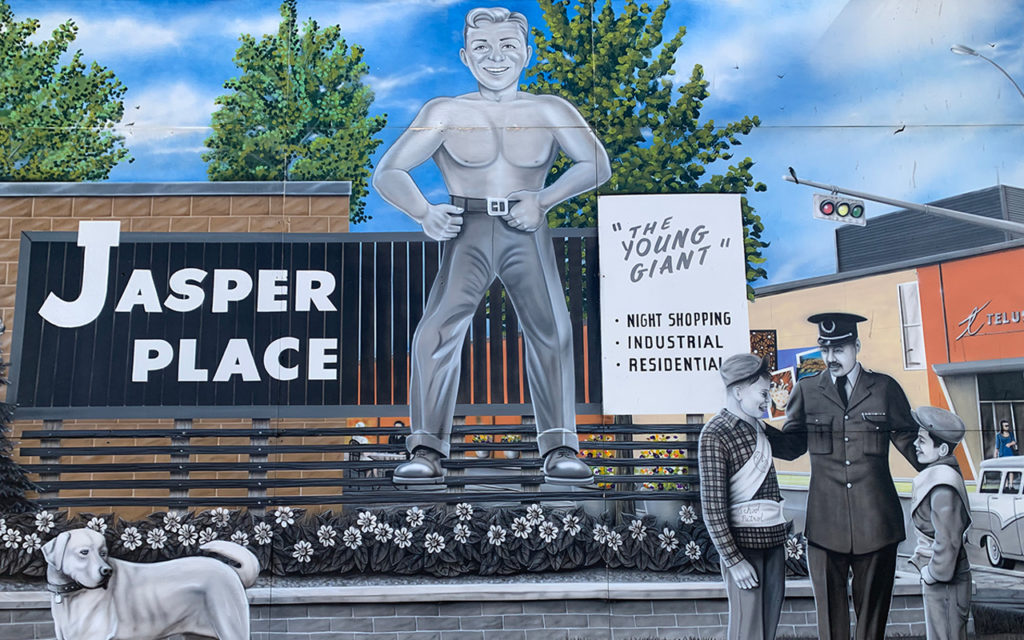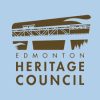About our Project
Remember…
When the trees were seedlings? When Jasper Place was its own town? When people drove from Edmonton to shop in the evening?
We want this community to have access to its own stories and have pride in the neighbourhood.

Jasper Place is rich in history. From the beginning, the neighbourhoods that make up the area have welcomed all kinds of people.
The core of the project is formed by the stories of people who’ve lived here. We are creating a Community Collection based in oral history interviews, supported by photos, maps, and articles.
We are gathering Indigenous stories, stories of the first settlers and of people who have just arrived. Working with diverse community members, we’ve already heard from people who have arrived here from many corners of the world – the Philippines, the Caribbean, Africa, the Indian subcontinent, and other parts of Canada. We want more stories of the people that lived, worked and played within Jasper Place.
The full Community Collection will be shared back with the community on our website and at public events. Finally, everything that we gather from the community will be donated to the City of Edmonton Archives.
Please contact us at jasperplacehistory@gmail.com. to contribute your memories, and stay tuned to read more!
PLACING OUR ORAL HISTORY INTERVIEWS IN CONTEXT
Alvin Finkel
Oral history interviews provide an important corrective to institutional tendencies (archival collections, newspapers, parliamentary records, etc.) to bury the voices of working-class people and diverse communities. The stories of the vast majority of people would not be told if oral histories were not collected.
Oral histories provide both individuals and groups opportunities to tell their stories, often many years after the fact, in their own words and with their own emphases. But an individual oral history, much like an archival document, needs to be understood critically. Each person has biases that make it difficult to assess particular statements and even overall accounts as objective truth without any other information to put the interview and its various claims in context.
An advantage of an oral history over a document produced in the middle of a particular event, is that the speaker will have had the opportunity to reflect on that event and place it in a broad context. The disadvantage of that process is that memory is fickle, and people often confuse the facts or reinterpret them, often unconsciously, in terms of later events and in terms of their reflections on the original events.
We present interviews in the words of our interviewees. That does not mean that we, as an organization, support their views or indeed their claims of basic facts. But we do believe that much is to be learned from listening to or reading the voices of a variety of actors involved in a particular event or community.
Alvin Finkel is professor emeritus of history at Athabasca University. He is the president of the Alberta Labour History Institute. His latest book project is Humans: A People’s History (reproduced with permission).
About Ground Zero
Acknowledgements
This project has received funding from a number of sources:
The Government of Alberta through their Heritage Preservation Partnership Program.
The City of Edmonton through their Neighbourhood Revitalization Grant Program.
The Edmonton Heritage Council through their Project Accelerator Program.


